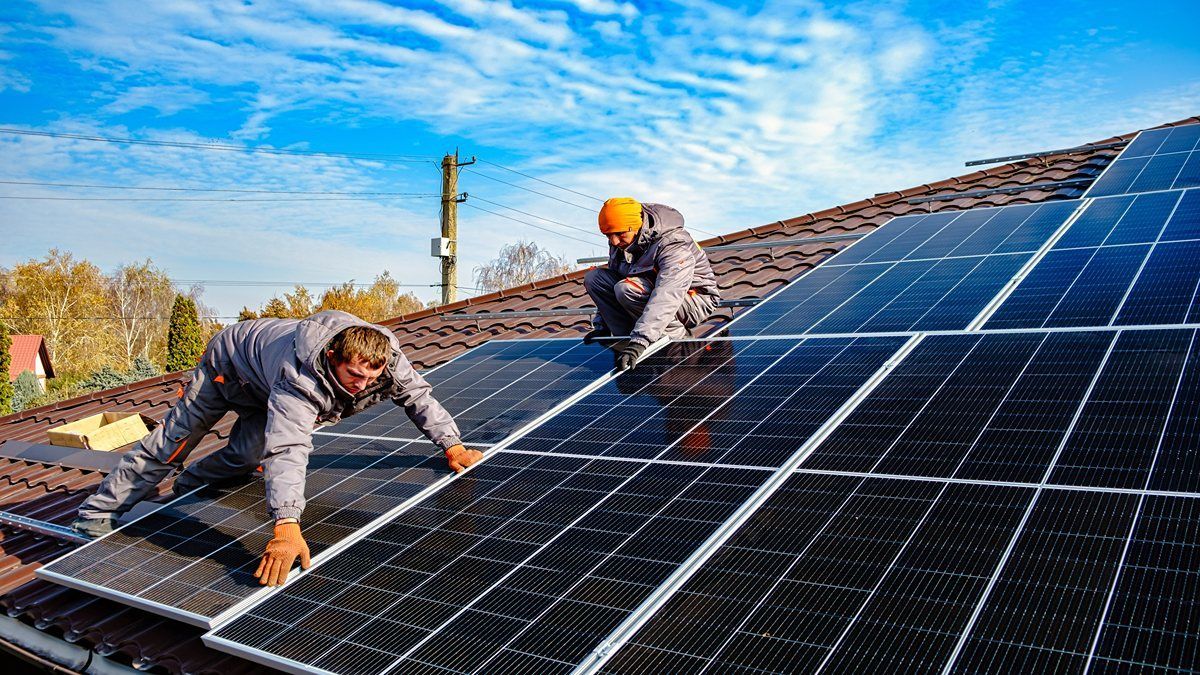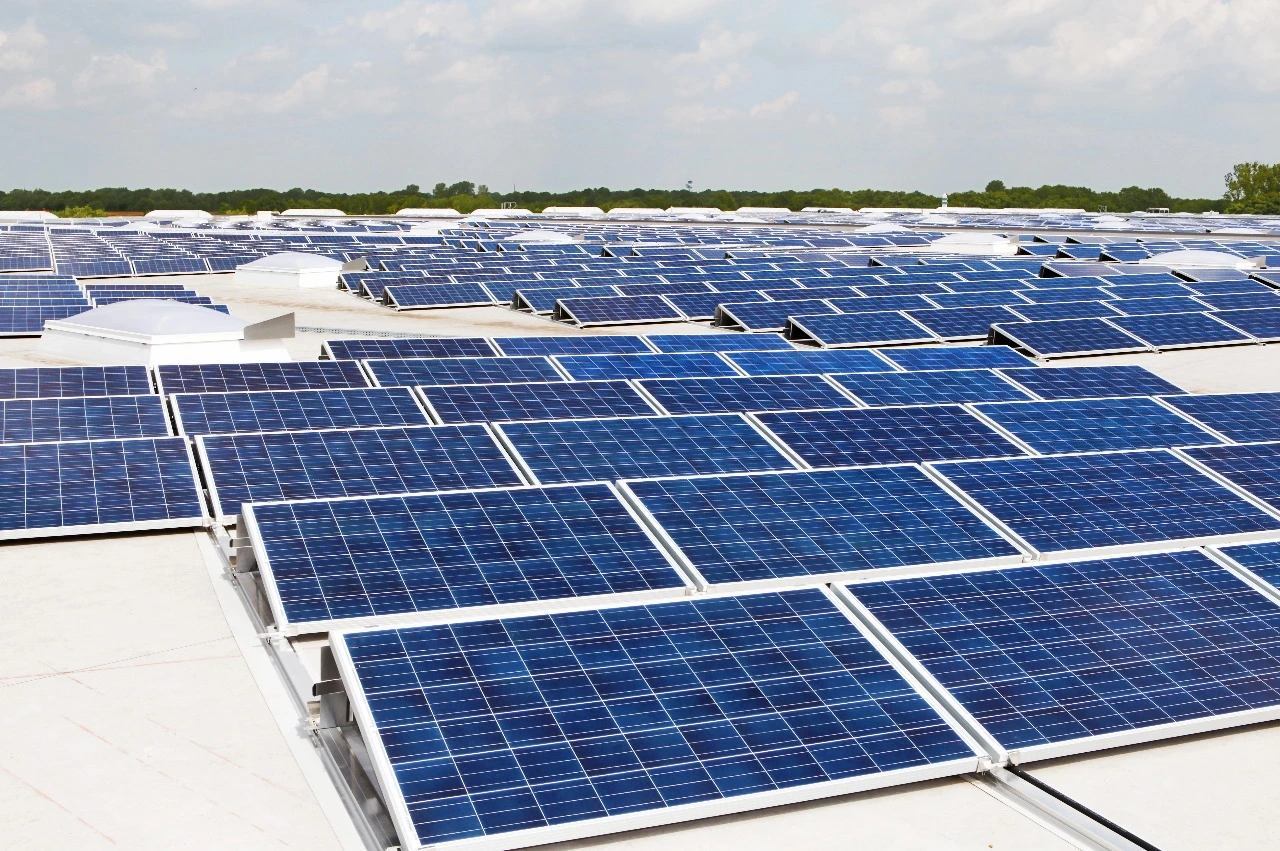Table of Content
▲
The future of energy-based applications is set for major changes, thanks to innovative breakthroughs. As the world evolves, there's a stronger focus on creating sustainable and energy-efficient solutions to meet the rising demand for power.
Energy-based applications rely on diverse technologies and processes to harness power sources for the world’s needs. These applications range in scale from large electricity generation to powering basic household appliances. Numerous technologies and applications depend on various energy sources to function effectively.
Innovation and energy sources
Innovation is crucial in the energy sector. Advanced technologies for harnessing energy sources to generate electricity, along with innovative manufacturing processes to create sustainable and efficient solutions for consumers, are essential and continuously evolving.

Environment and energy generation
Maximizing sustainability and efficiency in energy harnessing is crucial. With environmental concerns linked to outdated methods, reducing our carbon footprint and dependence on fossil fuels is paramount. Most industries in this sector are now focusing on creating applications that minimize carbon emissions and operate with maximum efficiency. Consequently, major energy companies are turning to renewable sources like wind and solar to generate electricity and power.
The future of energy-based applications lies in utilizing renewable energy resources, manufacturing energy-efficient and sustainable products, and generating power in the most environmentally friendly ways. Emphasizing environmental friendliness, sustainability, and efficiency is essential for the future.
Significant innovations and breakthroughs have been made in various applications and products, focusing on reducing carbon footprints, enhancing sustainability, and improving efficiency.
Also Read: How to apply for PM Surya Ghar Muft Bijli Yojana?
Solar Energy-Based Applications: Investments in solar power are increasing, particularly for major applications like electricity and hot water generation. Solar panels are becoming more efficient, and many major manufacturers are producing advanced photovoltaic systems to maximize solar power utilization, making it a more consistent energy resource.
Ventilation Applications with EC Motors: The invention of electronic commutating (EC) motors has revolutionized the field of ventilation. Similar to LED lights, EC motors consume minimal energy while delivering maximum efficiency. These motors can be controlled infinitely using sensors and controls, allowing ventilation systems to operate efficiently without wasting energy.
Electronically Controlled Tankless Water Heaters: In the water heating industry, electronically controlled tankless water heaters have led to significant energy savings. These systems adjust the power needed to heat water precisely to the desired temperature, minimizing energy consumption. With no tanks, water is heated instantly on demand, eliminating water wastage and benefiting both the environment and the energy sector.
Multi-Source Heat Pumps for Water Heating: The use of multi-source heat pumps for water heating is on the rise. These pumps utilize air, solar, and gas to heat water, significantly increasing efficiency and reducing carbon emissions. By combining multiple energy sources, these pumps contribute to environmental sustainability and energy efficiency.
Automation and IoT Integration: Automation and IoT integration have been game-changers in energy efficiency. Products are now being developed with these technologies, allowing users to control and monitor systems from anywhere in the world. IoT-based systems enable optimal operation, while automation ensures tasks are performed automatically based on various parameters, maximizing energy usage.
Artificial Intelligence: Artificial Intelligence (AI) is a trending technology with limitless potential. Integrating AI into services and manufacturing processes allows systems to operate autonomously and make optimal decisions, enhancing efficiency and reducing energy consumption.
Lithium-Ion Batteries: The development of lithium-ion batteries has been a significant success in making electricity greener. This technology is pivotal for electric cars, potentially replacing diesel and petrol with electricity as the primary fuel source, marking a major shift towards sustainable transportation.
Green Building Standards and Solutions: As awareness of low carbon footprints, energy efficiency, and green energy grows, various standards and certifications are being implemented to promote green building practices. These standards encourage the use of low-emission materials, renewable energy, and energy-efficient appliances. The emphasis on Green Building Standards not only motivates consumers to choose efficient materials but also inspires manufacturers to develop products aligned with these standards, contributing to energy efficiency and environmental safety.
Conclusion
Manufacturers of energy-based products are continually striving to enhance energy efficiency and environmental friendliness. The future of the energy sector lies in prioritizing and respecting the environment.
Also Read: 1kW Solar Panel Price in India with Subsidy (2024)



_1772441702.webp)

